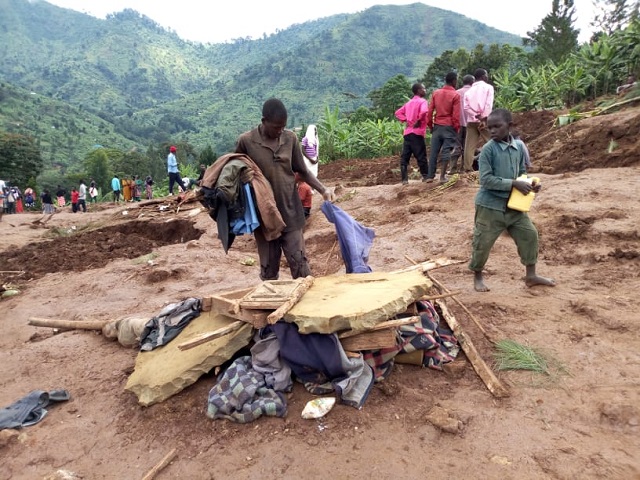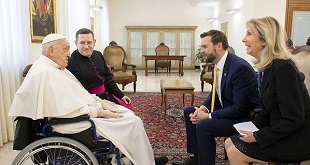
Hope not lost
Still, Sambazi says her trip to Glasgow paid off.
“I was able to network with delegates from other nations and was able to demonstrate that by paying fair prices and working with ethical and sustainable business models, we can prevent the impacts of climate change and adapt and respond better,” she told The Independent.
“I was able to network with delegates with other nations including; Ghana, Sierra Leone, Paraguay, Peru, Brazil, Ivory Coast, India, Wales, Scotland and England.
Sambazi, who is also the vice chairperson of the Mt. Elgon Agroforestry Communities Enterprise, told The Independent that at the Glasgow meeting, she also wanted to demonstrate the role of tree planting and protecting the mountain slopes as one of several ways of responding to climate change.
Tree planting is a big issue in the MtElgon region. The Mt. Elgon Tree Growing Enterprise (METGE) is a major community project. It works in six districts; Mbale, Bududa, Sironko, Bulambuli, Namisindwa and Manafwa, and has created 45 nurseries and distributed over 16 million saplings since 2010. Some of the tree species include Mahogany, Cordia, Neem, Musizi, Albizia Melia, Acacia, Jackfruit, Mvule, lemon, Tamarindus Indica.
George Michael Sikoyo, the executive director of METGE said the plan is to plant 25 million tree seedlings in the next five years through cooperatives and community organisations along the Bududa ridge.
“We are targeting trees of canopy to shield coffee because coffee is migrating from the highlands to the lowlands,” Sikoyo said, “If nothing is done, there will be no coffee in Bududa in 20 years’ time.”
Arabica coffee grows and thrives under specific conditions which lowlands lack. The coffee needs tree shield and the constant rain as found in the mountainous areas. But the lowlands get rainfall only when cold winds blow in from the Indian Ocean.
“It arrives when you don’t expect it,” says Sikoyo, “It comes in big quantities and it is very destructive.” He says the area used to have very predictable rainfall patterns but that has changed.
Sikoyo says even peasant farmers “who have never been to school need to understand what climate change is and make their small contribution.”
“They must be told that lamenting or praying will not make the rain to come or drought to go away,” he said.
He says the message should be that if we chop down the trees and degrade the soils, the land becomes more vulnerable to landslides.
The message is being heard.
As we left Bududa, on the outskirts of Mbale city, we met women’s groups involved in tree growing. Betty Shillo, the head of one of the women’s groups, said despite being relatively new, her 18-member group has since August 2020 raised 100,000 saplings ready for planting.
But Sikoyo also thinks the local interventions will not be enough if they are going to cope with climate change.
“We need support; especially in clean energy, so that we leave these trees intact to address the climate change phenomenon,” he said.
***This story was produced with support from Climate Tracker
 The Independent Uganda: You get the Truth we Pay the Price
The Independent Uganda: You get the Truth we Pay the Price



